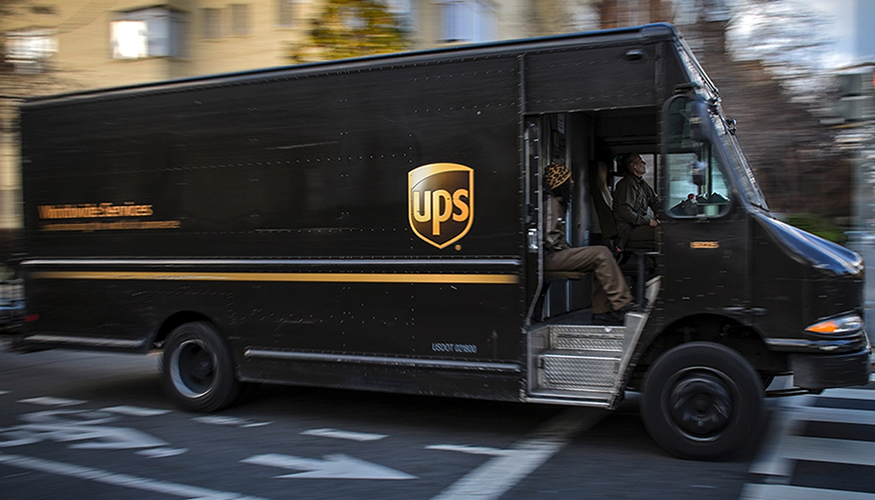United Parcel Service (UPS) reported it would return to the bargaining table with a better offer for roughly 340,000 Teamsters-represented U.S. workers before their contract expired on July 31.
In a press release, UPS wrote, “We are pleased to be back at the negotiating table next week to resolve the few remaining open issues. We are prepared to increase our industry-leading pay and benefits, but need to work quickly to finalize a fair deal that provides certainty for our customers, our employees and businesses across the country.”
UPS also provided a link at negotiations.ups.com for those interested to see updates on the bargaining process. UPS workers are seeking better wages and pension guarantees.
Talks between UPS and its U.S. workers broke down on July 5 with no further negotiations scheduled. UPS workers authorized a strike against the delivery service if negotiations between the Teamsters and the company failed to produce a new five-year labor contract.
Any strike would be vastly more disruptive than UPS’ last strike that led to a 15-day stoppage in 1997, with online purchases now accounting for between 14 percent and 15 percent of retail sales.
UPS handles 21.5 million packages daily, the most in the U.S., and transports about 6 percent of U.S. GDP daily. According to the Pitney Bowes Parcel Shipping Index, UPS made up 37 percent of parcel market share in the U.S. in 2022, followed by FedEx, 33 percent; USPS, 16 percent; and Amazon Logistics, 12 percent.
FedEx, USPS, DHL, and other services are not expected to be able to absorb the backlog if workers walk off the job in what would be the largest strike against an employer in U.S. history.
A ten-day UPS strike would also be the most expensive strike in at least a century, costing the U.S. economy upwards of $7 billion, a study by the consulting firm Anderson Economic Group found, including $4.6 billion in losses for customers, $1 billion in lost wages and more than $800 million in direct losses at UPS.
The potential strike looms as organized labor has returned amid taxing work conditions across logistic networks during the pandemic.
















